US-Gulf AI Partnerships Spark Strategic Concerns Amid Rising China Tensions
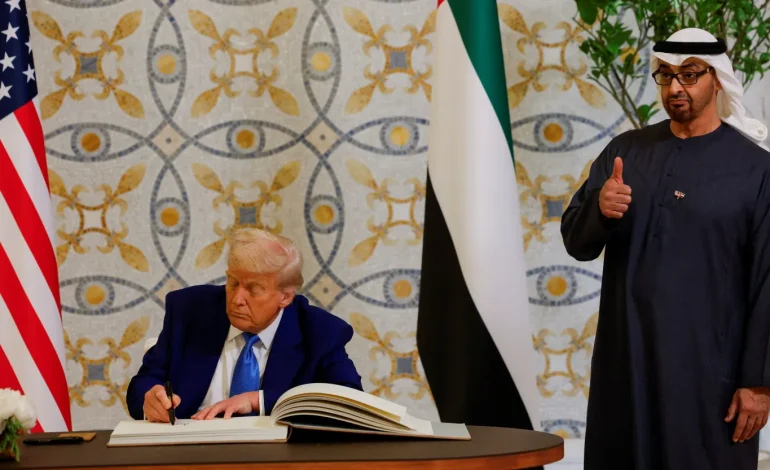
President Donald Trump this week announced a series of multi-billion-dollar artificial intelligence (AI) agreements between American tech companies and Gulf nations, marking a significant push to extend US technological leadership globally.
The deals, centered on AI infrastructure and chip exports, reflect a growing commercial alignment between the United States and countries like Saudi Arabia and the United Arab Emirates (UAE), but have also stirred concerns in Washington about national security and China’s potential indirect access to sensitive technology.
Among the key developments is a landmark agreement to build what officials describe as the largest AI data center complex outside the US, to be located in Abu Dhabi. The facility, initially planned with a 1-gigawatt capacity and expected to reach 5 gigawatts, will be developed through partnerships involving US firms and Emirati technology group G42. The project aims to serve regional AI demands while meeting US security protocols.
In Saudi Arabia, tech companies including Nvidia, AMD, Qualcomm, and Amazon have committed to investments totaling over $15 billion. Nvidia plans to ship 18,000 of its high-performance AI chips to support a 500-megawatt data center developed by Humain, a Saudi-backed AI startup. Additional initiatives include Amazon Web Services helping establish an “AI zone” in the kingdom, with training programs and infrastructure intended for both commercial and government use.
As these ventures proceed, the US Department of Commerce has reiterated that all AI-related technology exports require government approval. New guidance issued by the Bureau of Industry and Security aims to block any circumvention of export controls that could lead to US-made chips being diverted to restricted countries, particularly China.
To further reinforce safeguards, the House Select Committee on the Chinese Communist Party has introduced the bipartisan Chip Security Act. The proposed legislation would mandate chipmakers to verify the location of advanced chips and report any unauthorized transfers, emphasizing congressional concern about potential backdoor access by US adversaries.
Despite reassurances from the Trump administration, bipartisan voices in Washington remain wary of Gulf countries’ close economic and military ties with China. Critics caution that such partnerships, while economically advantageous, could compromise national security if controls over AI chips and infrastructure are weakened.
“There is a growing fear that the more US companies build overseas, especially in regions with parallel relations with China, the more difficult it becomes to ensure advanced technologies don’t fall into the wrong hands,” said one senior policy advisor.
Some experts see the developments as indicative of a broader strategic shift. Rather than multilateral frameworks, the US appears to be pursuing more transactional, bilateral deals with key partners, prioritizing short-term commercial and strategic goals.
Supporters of the deals argue they are vital for maintaining US competitiveness in the AI sector, especially as Gulf nations aggressively invest in technology to diversify their economies and reduce dependence on fossil fuels. The UAE, for example, has stated its ambition to become a global AI hub by 2031.
Commerce Secretary Howard Lutnick described the Abu Dhabi deal as “a major milestone in achieving President Trump’s vision for US AI dominance,” adding that it allows American tech to scale in strategic regions.
To address concerns about imbalance, a reciprocal component of the agreement includes plans for the UAE to fund similarly sized data centers within the United States.
The recent wave of agreements follows the Trump administration’s rollback of an “AI diffusion rule” established in the final days of the Biden administration, which had restricted AI chip exports even to friendly nations. That rule had faced resistance from industry leaders who argued it hindered innovation and economic growth.
As a new AI export policy is still in development, lawmakers and analysts continue to debate how to best align US technological leadership with long-term security interests. For now, the business-driven approach seems to be taking precedence.
“The question isn’t just who builds the chips, but who controls the servers and infrastructure where AI is actually deployed,” said Jimmy Goodrich, a RAND technology adviser. “As the Gulf states expand their role, we may see a fundamental shift in the global AI landscape.”
With input from CNN, Axios, CNBC, and Al Jazeera.
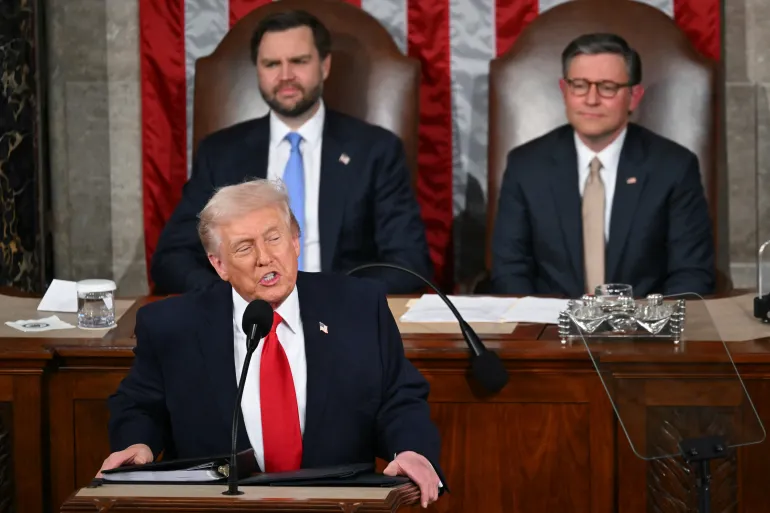
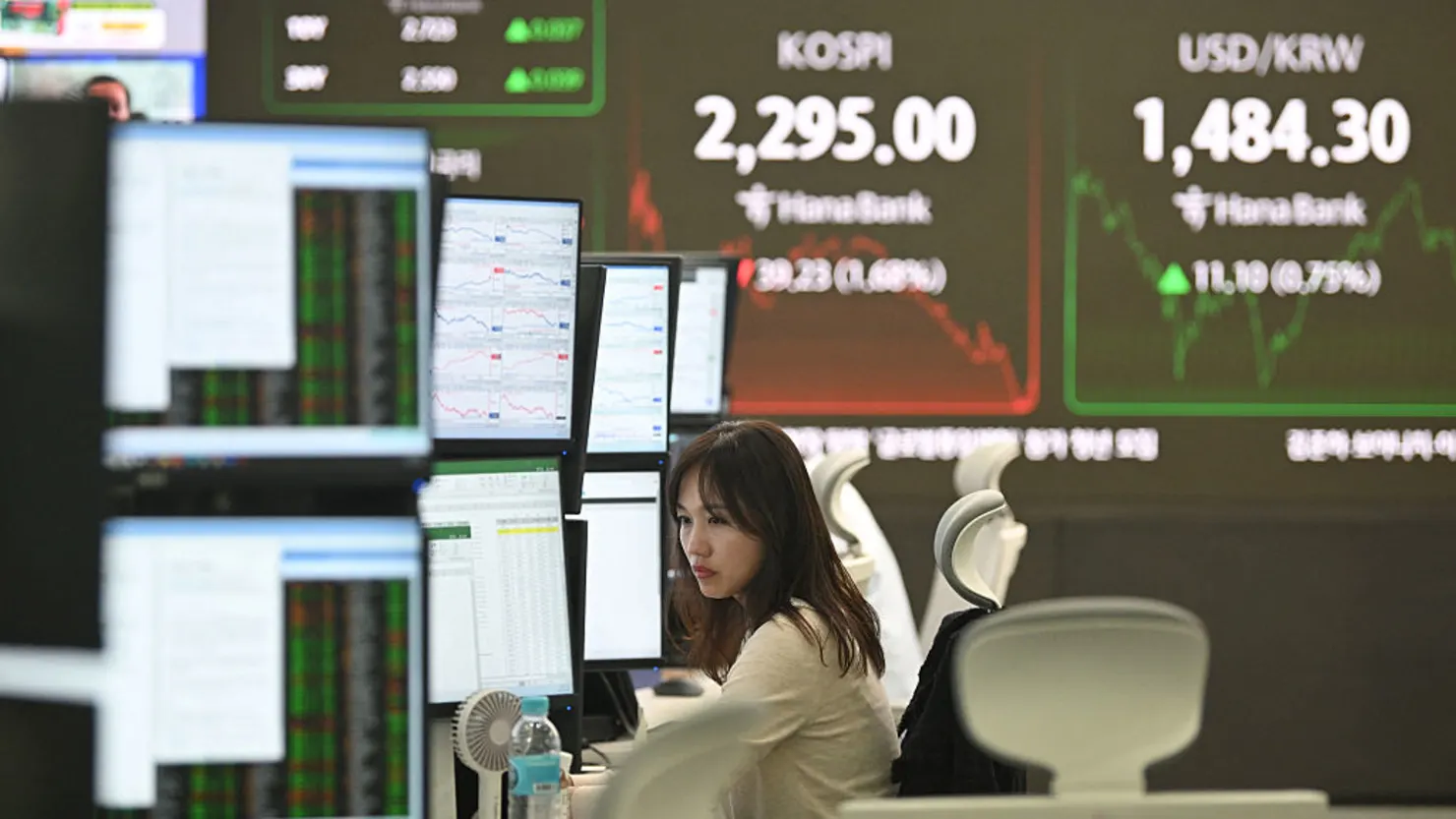

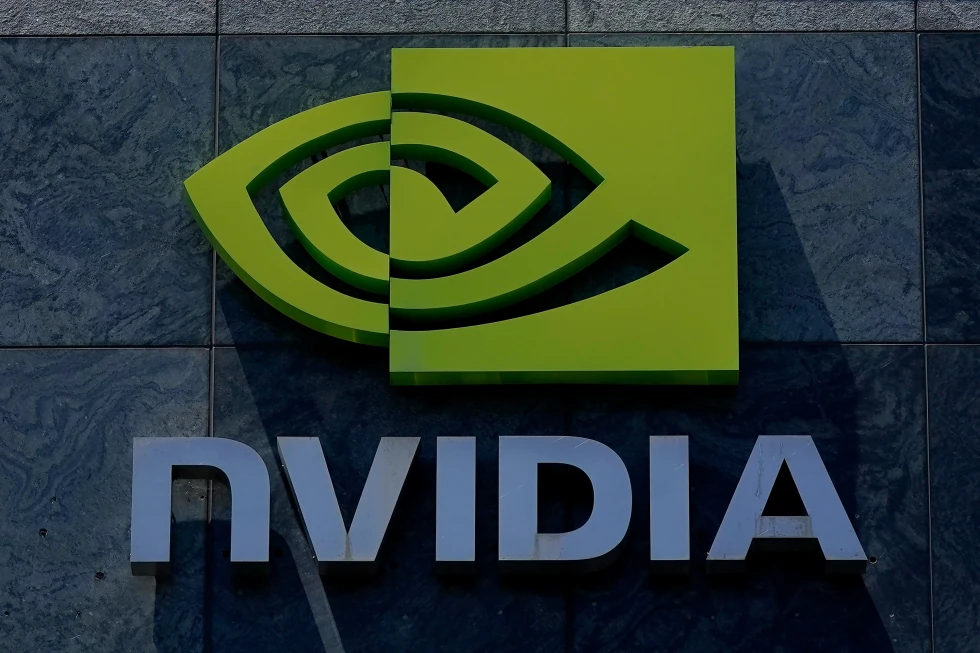
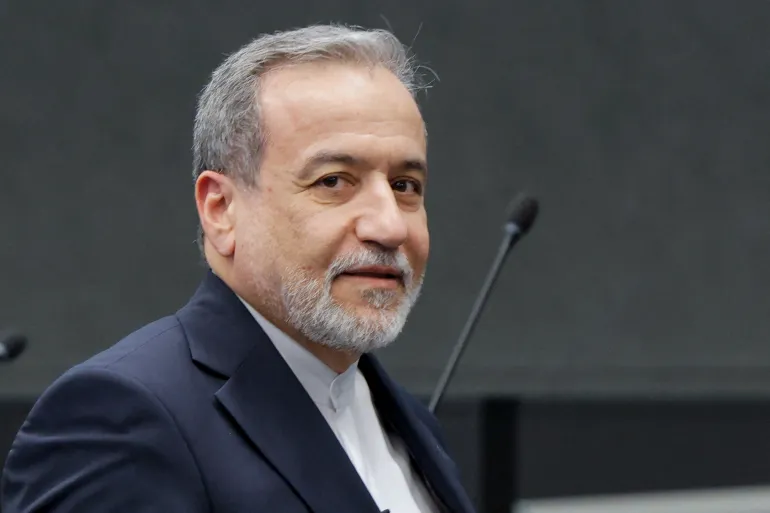




The latest news in your social feeds
Subscribe to our social media platforms to stay tuned